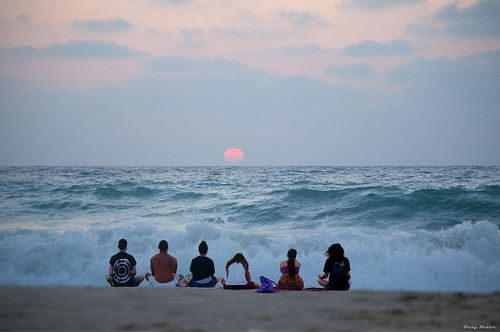There are many benefits to meditation, and no downsides I can think of, so I highly recommend you try it. This article, for example, tells us that meditation can make you happier, strengthen your brain, improve your focus, relieve stress, and make you more compassionate. And, this website says meditation helps with creativity, focus, and stress-reduction. For this reason, I incorporate meditation into every Creative Connections Retreat.

During the Creative Connections Retreat, we meditate together for ten to fifteen minutes each morning, just before writing. I love doing this, as it sets the intention for the day and allows us to check in with our mental state before we begin our writing.
When I get back home from the retreat, however, I often struggle with maintaining a daily meditation practice. One reason for this is that I am rarely in the house alone, and it is hard to find a good time to meditate when I won’t be interrupted. The main reason, nonetheless, is that I never made meditation a priority and thus never really figured out how to make it happen.
However, for the last two months, I have finally been able to maintain my daily meditation practice.
I think there are three reasons for this:
- My daughter expressed interest in meditating and we have been doing it together;
- I found an app I really like; and
- I started small, with just ten minutes a day.
The other factor that has made meditating become more of a habit for me is the headspace app. Some people like Zen meditation, which is silent, but I prefer guided meditation, where someone tells you what to do. I have been using headspace, an app that comes in a sequence, and each meditation gets a little harder, a little less guided, and focuses on different aspects of meditation. I like the fact that it seems to progress in a logical fashion. The app also gives you stats, telling you how many days in a row you have meditated, what your average meditation time is, and your total time meditating. I find these numbers motivating. There are many free apps on the Internet, and I encourage you to find one that works for you. There are also YouTube videos and audio recordings that could work for you.
The final factor is starting small. There is a fantastic free online course on Mindfulness Based Stress Reduction (MBSR). I have started the course several times but never finished, in part because it requires a significant amount of time. I highly recommend you try this research-based, free course to get started with meditation. However, if you have trouble completing the course, I also recommend you try something a bit less intensive to start with.
I look forward to hearing how and why you incorporate meditation and mindfulness into your life.
If you would like to receive these posts in your inbox, you can Subscribe to Get a Life, PhD by Email.
Thanks
ReplyDelete